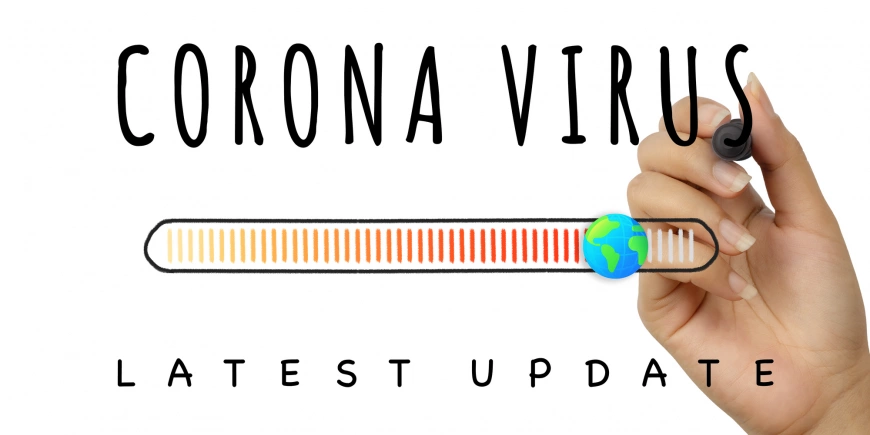Intriguing Information About COVID-19

Did you know there was something called COVID toes? Really? What are they going to tell us next about the coronavirus? Just as we thought times were starting to relax in the COVID world, we have seen an uptick in cases. The CDC is recommending new guidelines and requests to take action. What are the facts vs. fiction of wearing face masks? What is the difference between the test types, and when should you take them? Does blood type make a difference in your risk of contracting the coronavirus?
What are the facts vs. fiction of wearing face masks? What is the difference between the test types, and when should you take them? Does blood type make a difference in your risk of contracting the coronavirus?
Do you know these facts about COVID-19?
1. Positive and Negative antibody testing: Antibody testing is looking for past infections. Antibodies are most commonly detectable 1-3 weeks after you first notice symptoms. Antibodies against the SARS-CoV-2 usually evelop after the first week of COVID-19 exposure but sometimes beyond 14 days of infection.
Positive test result: you were infected in the past and developed antibodies to try to fight it off.
Negative test result: Either you have never had COVID-19 in the past, OR you could have a current infection, and the antibody test was collected too soon to give a positive result.
It is recommended to wait 1-3 weeks after infection for your body to make antibodies before you take a serology antibody test. Word of caution: some people might take longer to develop antibodies or never develop them.
2. Testing for an active infection: PCR Test or an Antigen Test
Antigen test is less sensitive than a PCR test (meaning it may show more false-negative results)
Positive test: means the person being tested has an active COVID-19 infection
Negative test: This means the person being tested was probably not infected when the sample was collected. It does NOT mean you won’t get sick.
The viral incubation period is 5-7 days but could be up to 14 days. If you test too early, you may get a false negative result.
3. 40-45 percent of COVID-19 carriers may be asymptomatic.
4. It may take two weeks to recover or possibly up to six weeks for severe cases of COVID-19
5. You can develop lung scarring after contracting COVID-19. Check out this article: www.vox.com/2020/5/8/21251899/coronavirus-long-term-effects-symptoms
6. Do you know about COVID toes? It is a condition that appears to have red or purple lesions on a person’s fingers or toes. It has recently been linked to some patients afflicted with coronavirus.
7. Covid-19 can affect babies and young children.
8. Fact vs. Fiction about face masks: bit.ly/2NIYWzU
9. People with blood type A may be more susceptible to the infection. (studies are in peer review, and more studies are needed).
10. Reinfection may be possible. No one knows for sure how long you are immune to the virus if you are infected.
Covid-19 is considered a novel virus, and it takes time to complete the studies to provide you with the most accurate information. Scientists have gathered more data, conducted more studies and clinical trials, and are more informed today than three months ago.
Angie Galatas BCPA
Medical Advocacy Plus LLC
